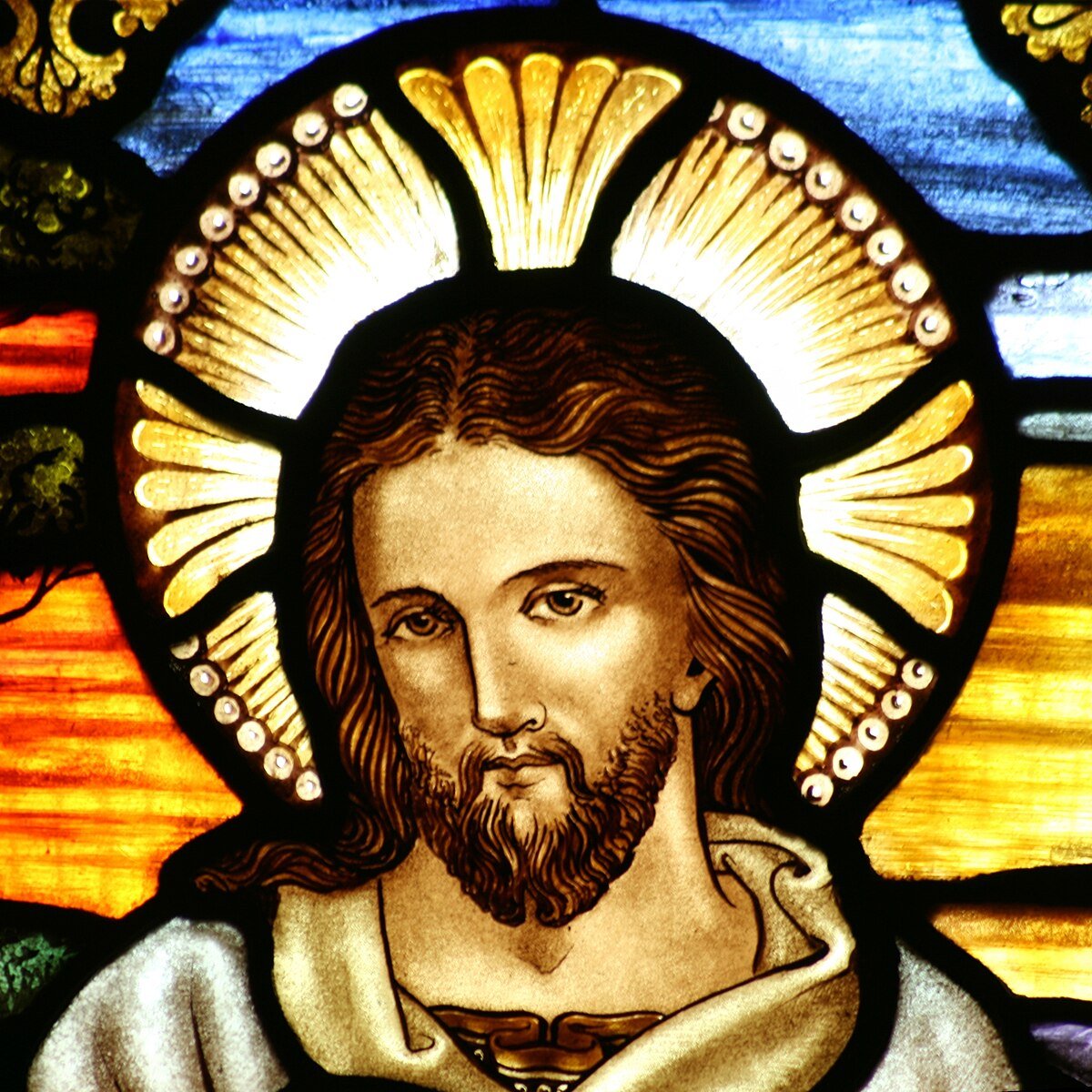When My Teacher Made Me Pray
In second grade at a public school near Philadelphia in the early 1960s, I experienced an event that would stay with me for a long time. As the only Jewish student in a classroom full of mostly Catholic peers, I was compelled to join in a prayer asking for a change in the law that would once again allow school prayers. Though I was only seven, I already sensed the absurdity of pleading for permission to pray.

The incident occurred not long after the Supreme Court had declared school prayer unconstitutional. In a neighborhood where tradition and faith were woven into the community’s fabric, my family’s modest religious observance—rooted in Reform Judaism—set me apart. I didn’t have a Bible at home, and not celebrating the same holidays as most of my classmates only deepened the sense of isolation I already felt.
I chose to remain silent about my discomfort, partly to avoid being portrayed as a troublemaker and partly out of fear that any complaint would make me even more of a target. My quiet endurance even affected my school performance, as I returned home with average marks that unmistakably reflected the inner turmoil I struggled to hide.
Reflections on Faith in Public Life
In more recent times, I have revisited that early experience as religion—particularly Christianity—experiences a resurgence in the public sphere. Leaders like a prominent military official have organized prayer services at the Pentagon, creating an atmosphere reminiscent of revival meetings and emphasizing devotional acts as a national imperative. Concurrently, state officials in regions such as Texas and Oklahoma are moving to integrate religious symbols and practices into public institutions, from displaying sacred texts in school classrooms to referencing these texts as foundational to America’s heritage.
Advocates for bringing overt religious practices into public settings often claim that America’s Founding Fathers were devout believers who recognized a divine hand in forming the nation. Yet historical records indicate that these men were heavily influenced by Enlightenment ideals; many embraced deism, favoring reason over miraculous intervention. This contemporary call for a specific form of Christian expression sharply contrasts with the broader, more inclusive traditions upon which the nation was built.
Balancing Faith and Personal Choice
There is no denying that America’s cultural heritage is intimately tied to Christianity, and for many, that legacy remains a source of comfort and identity. My own life reflects this interplay: I am married to a woman raised in the Presbyterian church, and together we have nurtured our children in the traditions of both our spiritual backgrounds. Yet there is a profound difference between choosing a faith for oneself and being forced to conform to a dominant religious viewpoint.
Imposing a singular religious narrative in public spaces not only undermines the nation’s diverse heritage but also risks alienating those who do not share that faith. Just as I once felt like an unwelcome outsider in my own classroom, countless children today may feel the sting of exclusion when their own beliefs stand apart from those promoted in their schools.
Ultimately, the challenge lies in preserving a society where personal belief is a matter of choice rather than coercion. As debates over the role of religion in schools and other public arenas continue to intensify, maintaining a true pluralism—where multiple faiths coexist and every individual is free to follow their own spiritual path—remains an essential goal for America.

Rockin’ the faith, one verse at a time!
Growing up, the Bible’s stories deeply impacted me. Now, with over 15 years of preaching experience, I blend timeless teachings with modern technology, making them relevant for today’s world.
Bible Hub Verse is my platform to share historical insights and thought-provoking articles, exploring both familiar and uncommon Christian topics. My passion is building a welcoming online space for everyone to learn, grow in their faith, and discover the Bible’s enduring message.
Join the journey!
God bless you.







